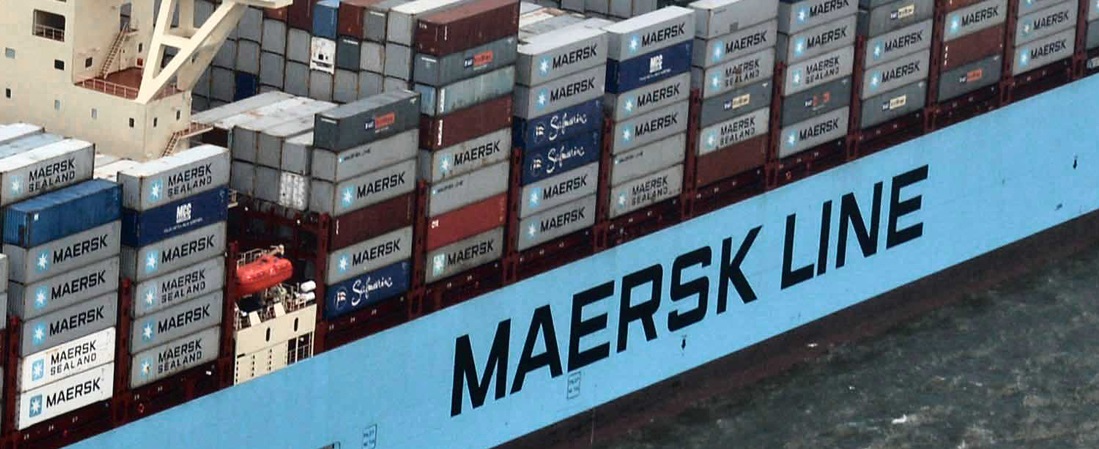
Biggest challenges in current times is ensuring supply of containers for exports and space on ships
May, 15, 2020 Posted by datamarnewsWeek 202021
In a webinar promoted by Maersk entitled “Logistics in challenging times”, the company’s commercial director, Gustavo Paschoa, explained that with exports going at a strong pace and imports not keeping up with this demand, the supply of containers has become a critical factor in shipping. “We started to have an imbalance between imports and exports, and ensuring the availability of containers and space on ships has become an extremely critical factor in this challenging moment,” said Paschoa. “Our main focus is to avoid any disruption to our customers’ logistics chain,” he added.
According to the executive, Maersk is using several strategies to decrease or increase traffic, maintain cargo in hubs or ports through its warehouses, or even using other routes. “In addition to the need for programs and solutions to mitigate the moment we are going through, it is necessary to accelerate digital channels to gain productivity and service differentials, such as Maersk Spot, the company’s digital bookings tool, where, among other advantages, it guarantees the availability of equipment and space on ships,” he added.
Jorge Buzzetto, director of Supply Operations for Syngenta in Brazil, who also participated in the event, stated that the current logistics scenario requires transparency, traceability, visibility, and reliability to be successful. “What we are looking for at Syngenta is to ensure the most accurate information flow possible and today we are able to have visibility of where our product is in this international movement,” said Buzzetto. “Syngenta has risk management with operations around the world, often with a duplicate source of supply. We have supplies in India, China, Europe, and the USA, and that makes us create a supply chain, which helps to overcome the challenges of the current scenario with several countries entering into isolation ”.
Flávio da Rocha Costa, General Logistics Manager at Eldorado Brasil Celulose, explained in the webinar that the Company has not yet felt any impacts on sales and logistics operations and that the factory continues to produce, since cellulose is an essential product used for the production of toilet paper, disposable papers, prescriptions, special papers, medicine, and food packaging. The company produced about 1.7 million tons of pulp in 2019, and is expected to continue with the same amount in 2020.
At Seara Alimentos, there was an integration in the entire logistics chain. “A lot can be learned in those moments that force us out of our comfort zone. Two months ago, if I was asked if 100% of the team could work remotely, my answers would certainly be negative. In a few days we organized the entire remote operation and changed the way of thinking and working ”, said Gabriela Ristow Cavalca. “We look for integration with the entire logistics chain and we see many opportunities. I see people more integrated, committed, and acting with great empathy, always putting themselves in the other’s shoes ”, he concluded.
-
Meat
Dec, 23, 2020
0
Chinese pork imports grow 44% in November
-
DW 2019 EN
Mar, 11, 2019
0
DatamarWeek 12 March 2019
-
DW 2020 EN
Aug, 11, 2020
0
DATAMARWEEK 11 AUGUST 2020
-
Ports and Terminals
Apr, 13, 2022
0
Egypt considers stopping using dollars in ports

